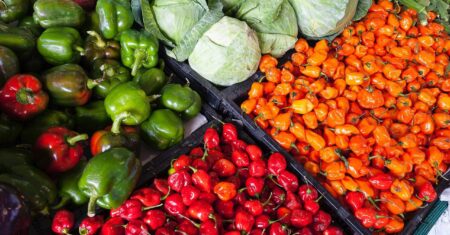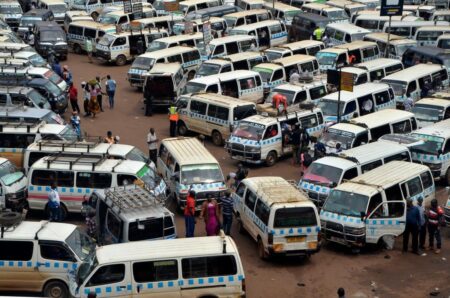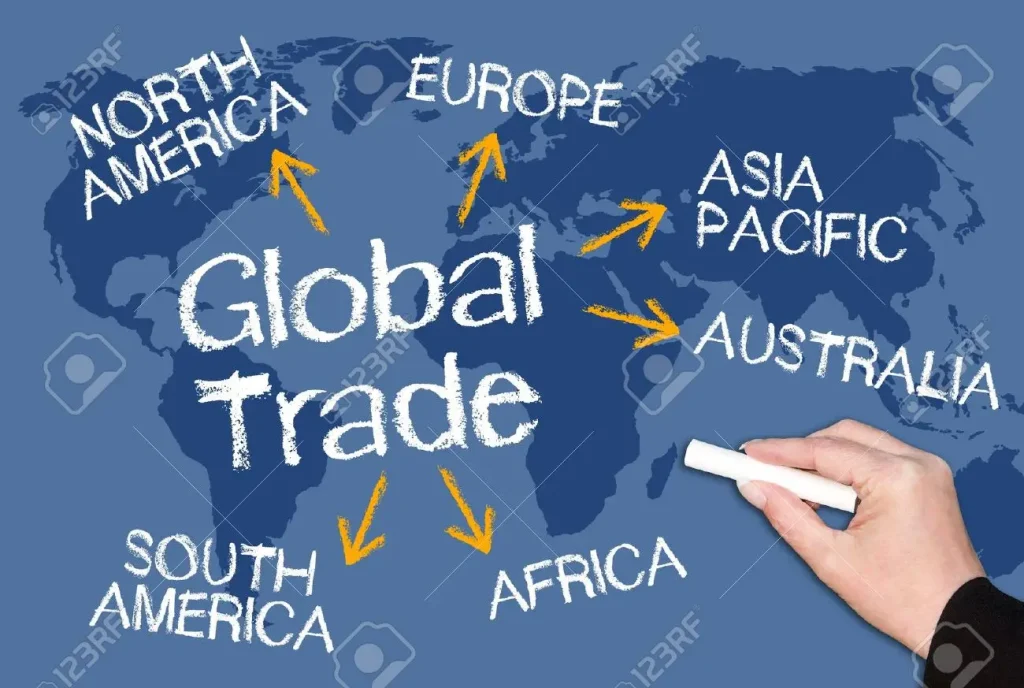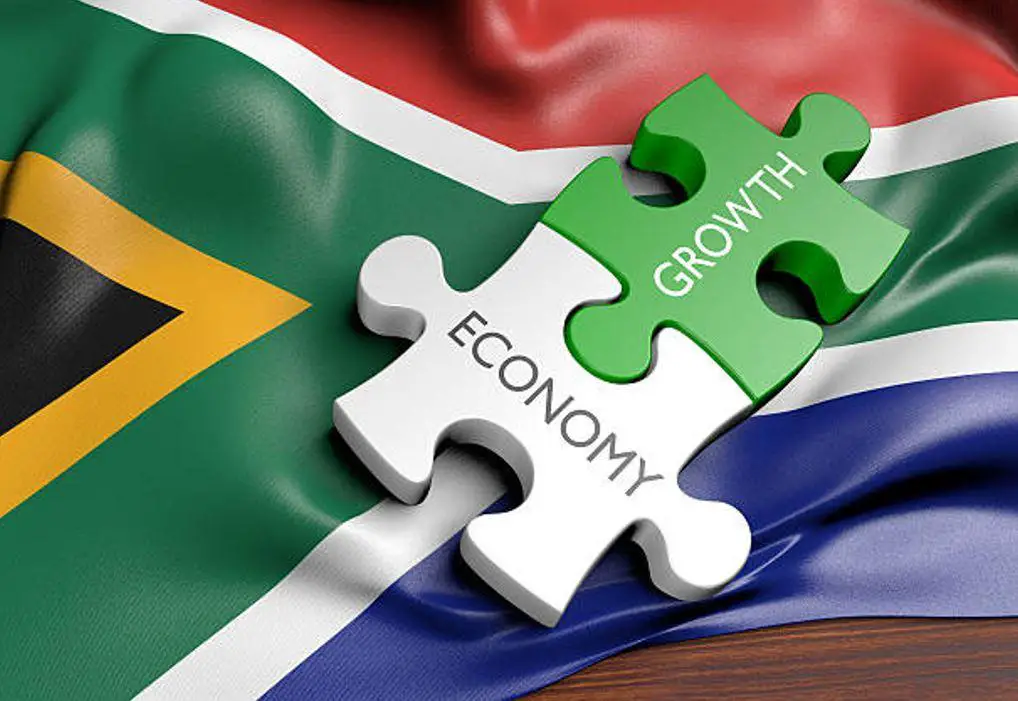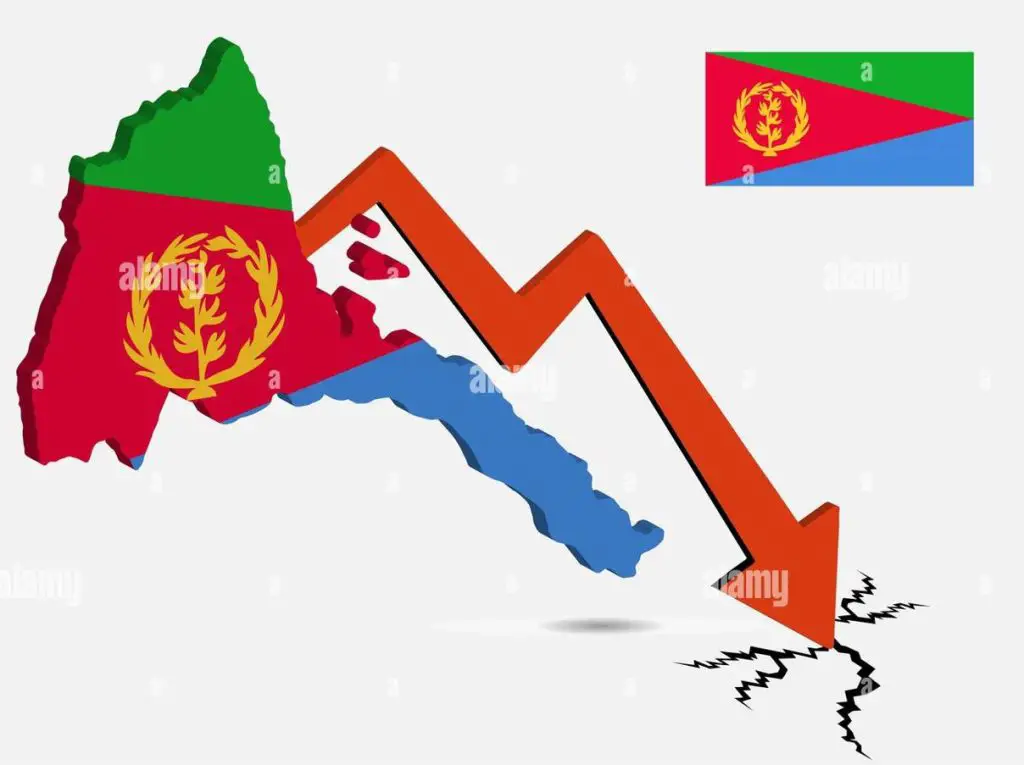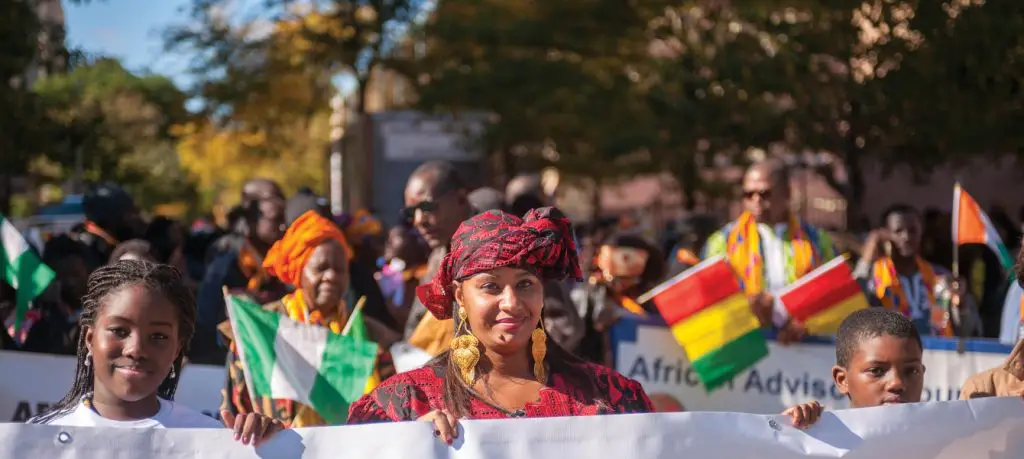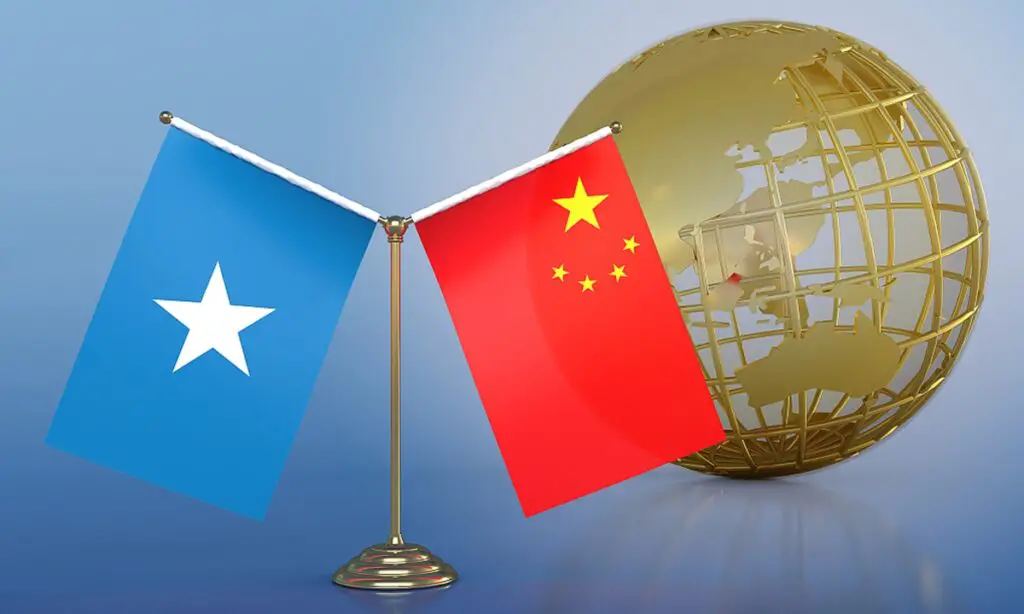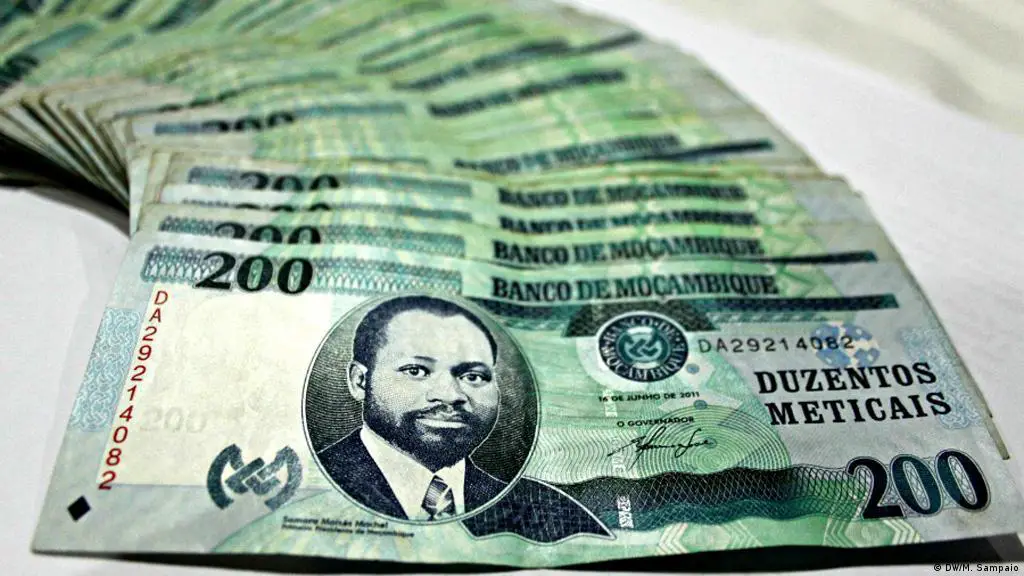- Youth Unemployment in Kenya: The Role of Vocational Training
- New $900,000 initiative aims to boost sustainable trade in Tanzania
- Organization of the Petroleum Exporting Countries’ (OPEC) pride in its African roots
- AIM Global Foundation pushes for stronger Gulf-Africa trade partnerships
- Investment opportunities in South Sudan’s emerging gold industry
- Family planning drive in Kenya gets 450,000 self-injectable contraceptive doses from UK
- AfDB commits $2 billion to revolutionise clean cooking in Africa, save forests
- The harsh realities of family laws for African women revealed
Browsing: economic growth
There appears to be a consensus that the world is finally turning its back on the US dollar. There are simmering shifts within the global monetary system. The shift becomes ever more apparent, best described as de-dollarisation.
The world is searching for alternatives to the US dollar, finding them more often. Thus, moving away from the dollar can no longer be stopped. For instance, early this year, Indonesia reiterated it would promote local currency settlement (LCS) in cross-border trade and investment to reduce dependence on the US dollar.…
Côte d’Ivoire’s economy remains on a favourable trajectory. The economy needs bolstering to expedite the structural change of its economy as envisioned by the new 2030 plan. To achieve this, the nation needs to raise its investments in new sectors with considerable potential for wealth generation and improvement in quality of life. These sectors would enable the inclusion and realisation of benefits for women and the most disadvantaged populations in society, especially those residing in the most isolated rural areas.…
Uganda Bureau of Statistics has indicated that the country’s inflation has for the first time since 2012 hit double digits, rising to 10 per cent in September 2022 from 2.7 per cent in January 2022 and 4.9 per cent in April 2022.
It is said that inflation above an annual average of 5 per cent retards economic growth and derails economic development.
According to an article titled Uganda grapples with soaring inflation amid persistent global uncertainties, the rise in inflation has been brought about by issues such as tightening of global financial conditions, which triggered investors’ exit from the domestic debt market, thus stoking depreciation pressures on the Uganda Shilling; the Russia-Ukraine conflict, which disrupted global production and supply chains; extended drought in some regions of the country; and increased global commodity prices.…
AfCFTA’s successful implementation can boost trade and promote Africa’s economic recovery and growth. The AfCFTA is the world’s most extensive free trade area in terms of size and number of nations, with a combined GDP of around $3.4 trillion.
Increased integration would improve incomes, generate employment, stimulate investment, and make establishing regional supply chains easier. In comparison to Africa’s external trade, intra-African trade remains tiny. In 2020, just 18 per cent of exports went to other African nations.…
With African nations in desperate need of economic boosts, reinventing the continent’s pharmaceutical “wheel” as a contributor to development has become critical. This crucial venture requires public and private participation and, of course, the willingness of the West’s Big Pharma!
Most Africans lack the means to seek qualified healthcare providers for quality medication. People turn to self-help and alternative medicine to avoid medical expenditures, which are often out of reach. With less than 400 drug manufacturers to cater to the more than 1.3 billion people on the continent, millions of Africans die or suffer from protracted illnesses without consistent access to even the most essential medicines. Widespread ill health can trap people in poverty, as healthier people are more productive.
The pandemic’s effects have exacerbated Africa’s healthcare crisis in the last two years. The situation has captured the attention of investors who noted the gap between supply and demand in …
In terms of the fiscus, South Africa expects to run a deficit of -4.1 per cent in 2023, however, the deficit is expected to narrow for the next 3 years closing 2026 at -3.6 per cent. This demonstrates significant fiscal consolidation.
Over the next 3 years the South African government expects to consolidate its public finances and reduce its deficit by inter alia increasing revenues and or managing or containing costs. According to Investec, “The current fiscal year (2022/23) has seen a substantial boost to nominal (actual) GDP due to high inflation, which has eased both the fiscal debt and deficit projections as a per cent of GDP, although does not boost real GDP, which is the measure of the country’s growth and has the distorting effect of inflation removed.”
Among countries in Africa, South Africa is getting its public financial act together. The country is paying down its debts, …
Eritrea’s debt stands at 175 per cent of its GDP.
This is very high for the agriculture-based economy.
Eritrea is an outlier on the African continent. Unfortunately for the Horn of Africa country, it is not for good reasons. The nation has held on to a counterproductive form of government which has retrogressed the country economically and kept its people in poverty.
The country maintains a political system which is largely autocratic in nature and is not a democracy by any stretch of the imagination. The country was at war with Ethiopia and only recently managed to broker a peace deal which is no more than a truce to fight another day.
- Eritrea has a sovereign debt load that is nearly double the size of its GDP according to the World Bank and the IMF.
- The country has an archaic system of governance and is for that reason a negative
Until substantial reforms are implemented, and remittance flows channelled towards long-term economic prospects, the diaspora will continue to be a net negative for weak African economies. Africa cannot depend on exporting its brilliant people abroad to bring money home forever. Thus, governments must establish vibrant economies that appreciate the continent’s human capital and enable bright individuals to prosper.…
The diplomatic Somalia-China relations have played a crucial role in the Chinese government’s development of over 80 infrastructure projects in Somalia, including the national stadium, Banadir hospital, and north-south highway.…
Mozambique, until the Covid pandemic happened, was just 7 years shy of matching or exceeding the record set by South Korea.
The pandemic undermined the southern African country’s economic progress by slowing down critical sectors of economic activity namely tourism, construction, transport, as well as a general decline in the demand for commodity exports. The economy of Mozambique was further undermined by the conflict in the northern province of Cabo Delgado.
Statistics on how many people have been displaced by the conflict vary but they range from 250,000 to 1 million people. At least 850,000 people are estimated to have been dragged below the international poverty line because of the conflict.…






